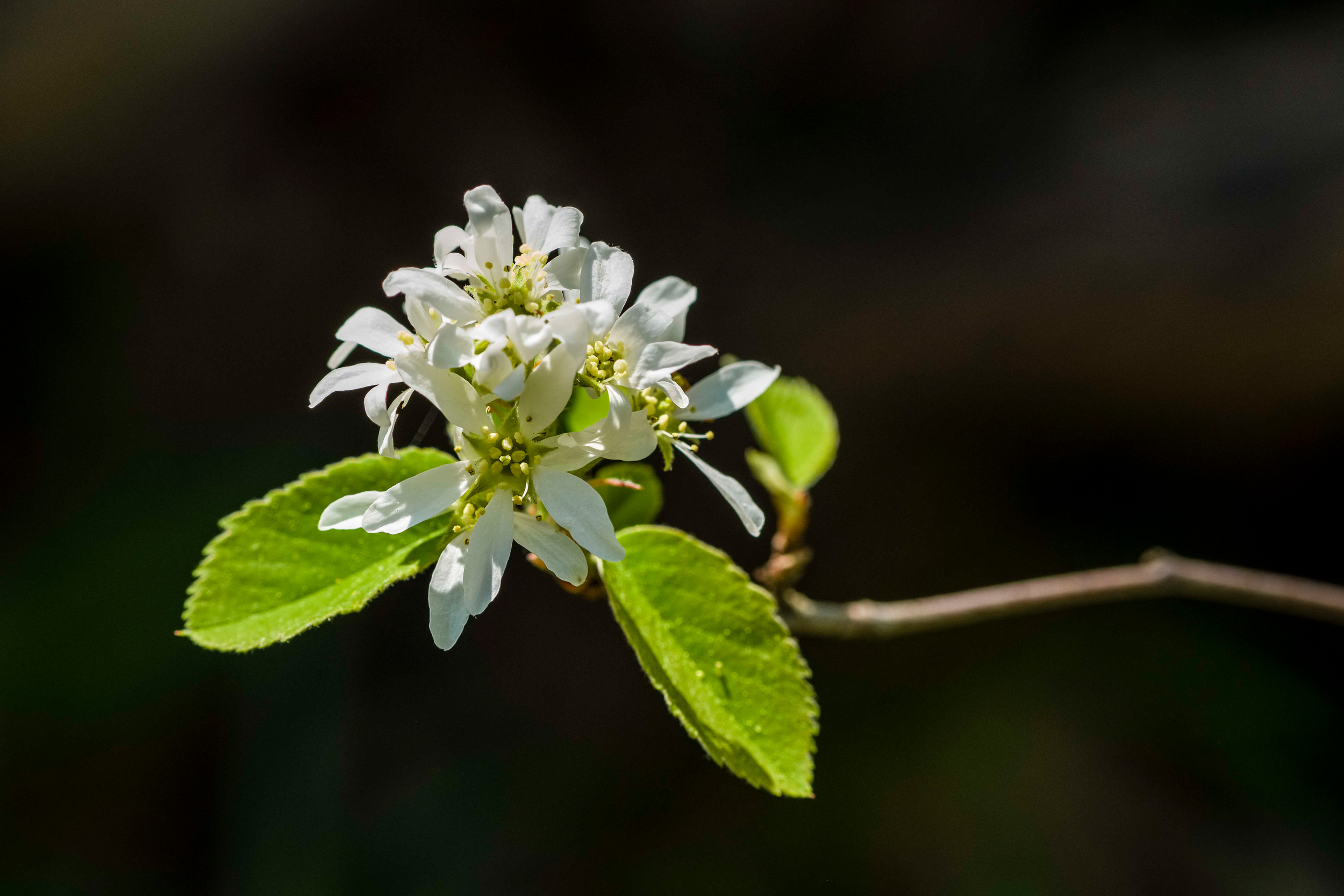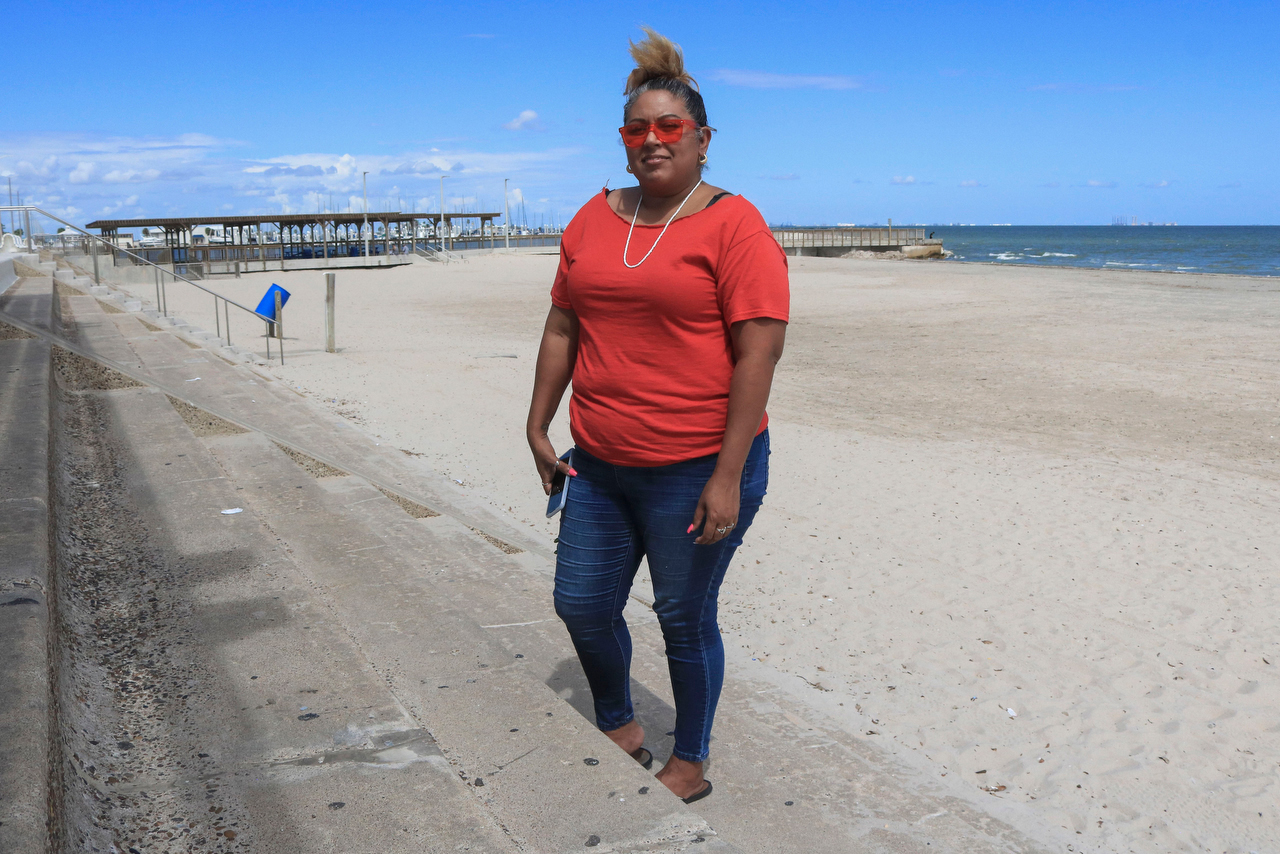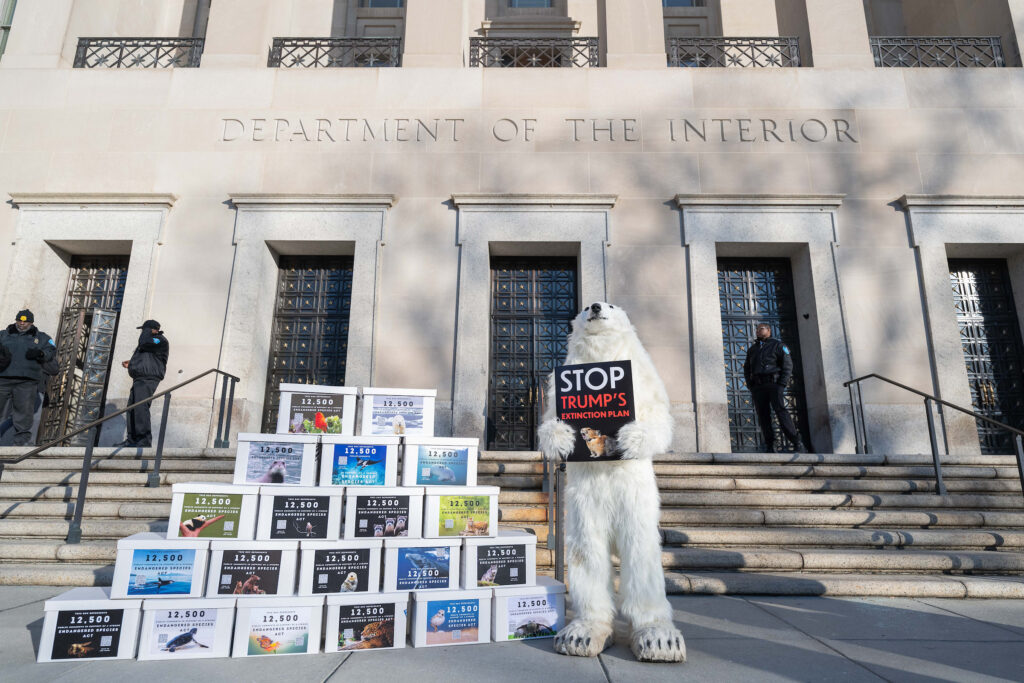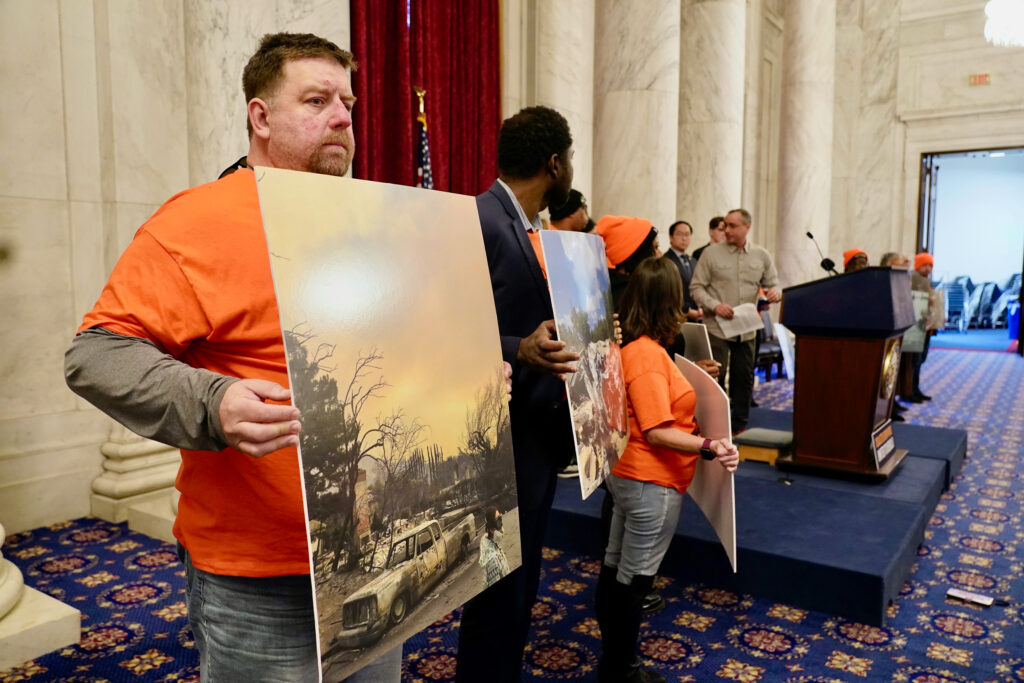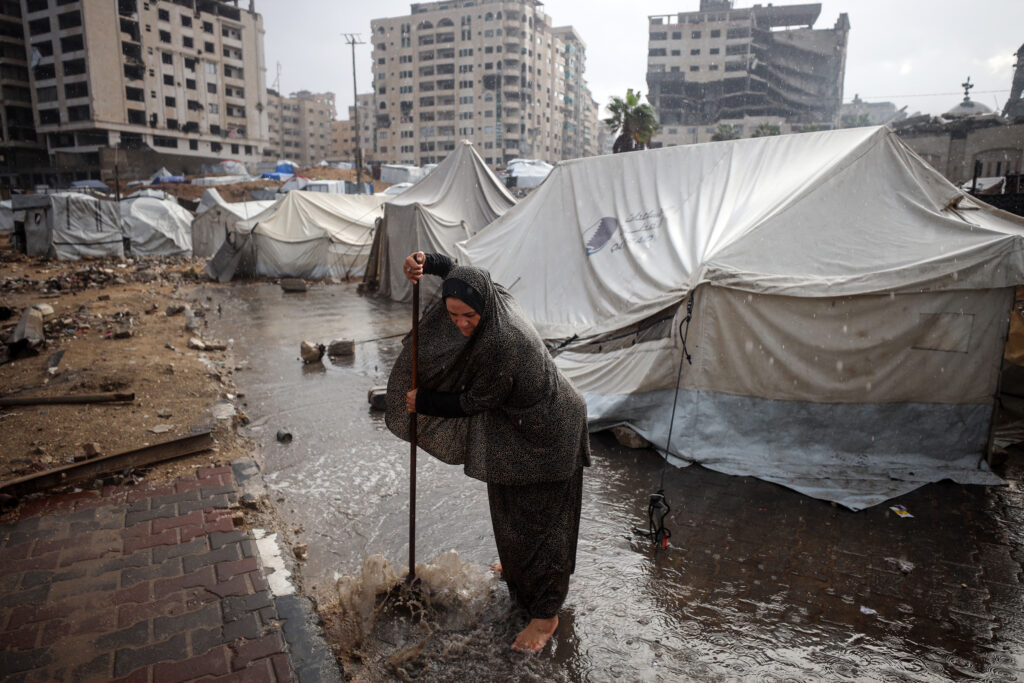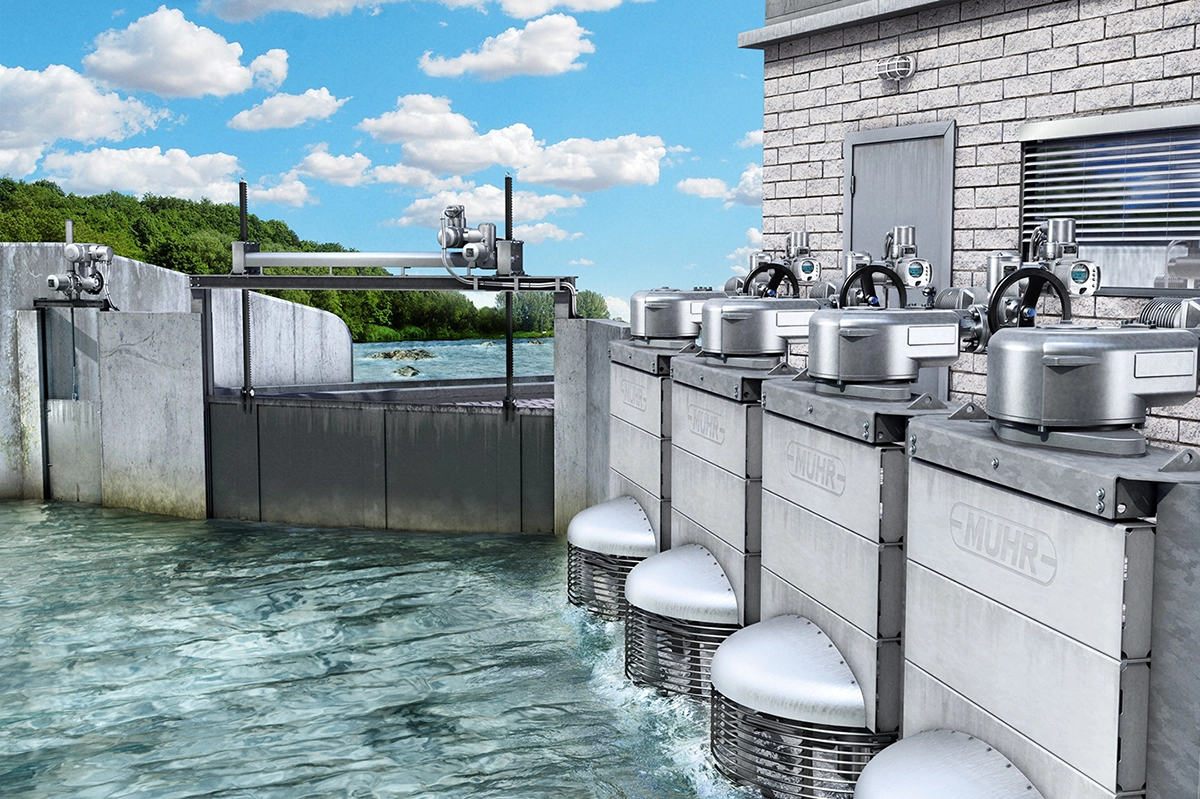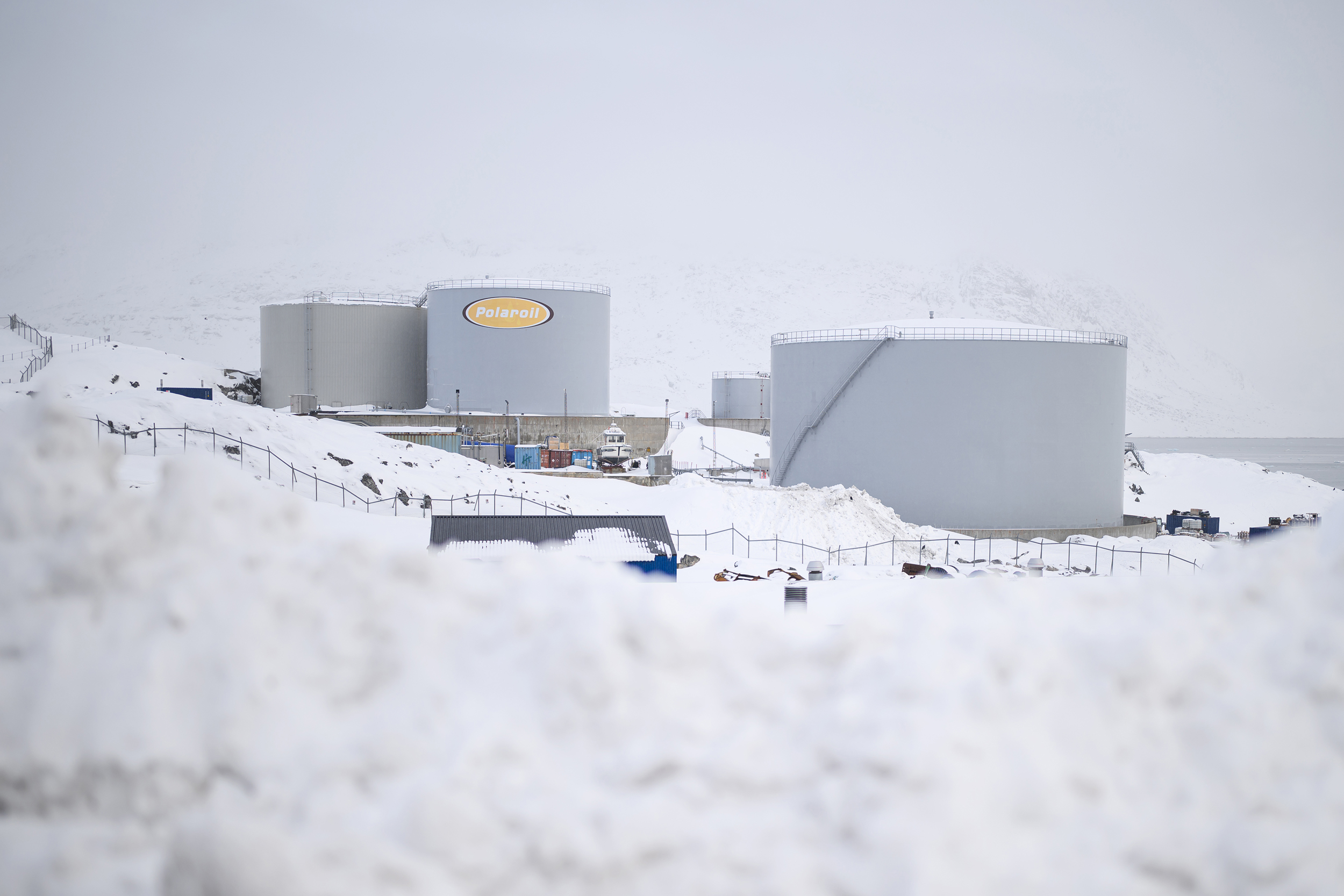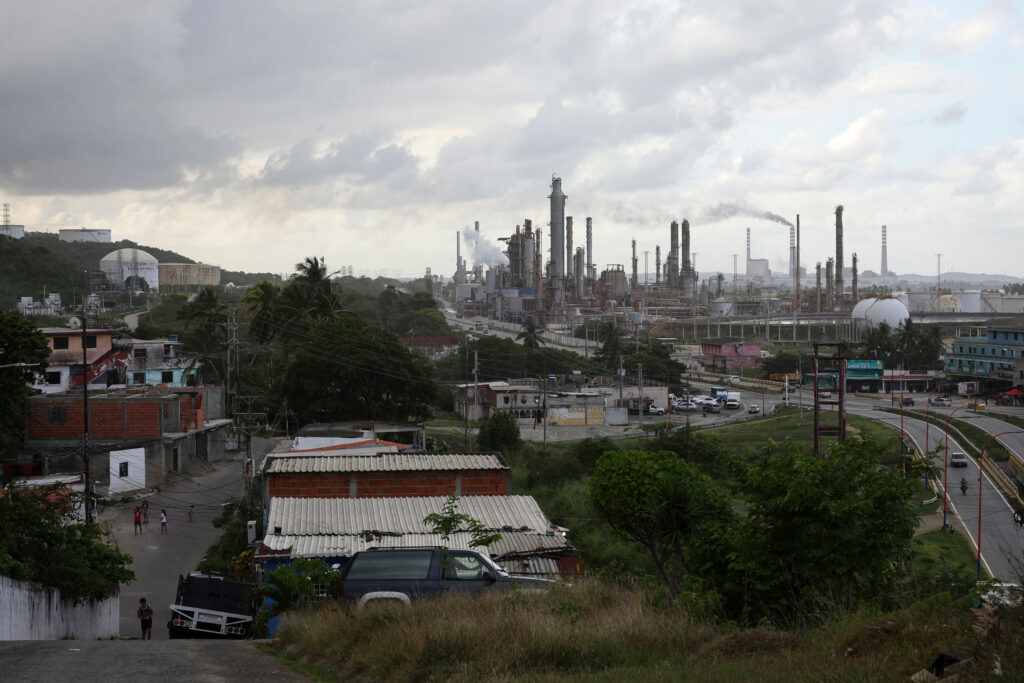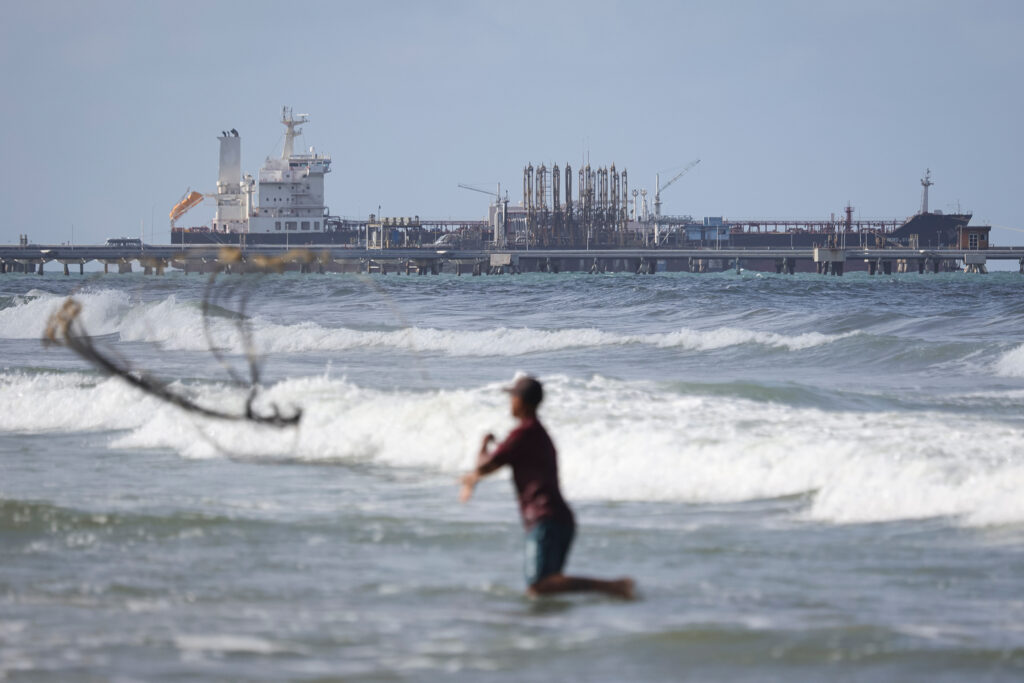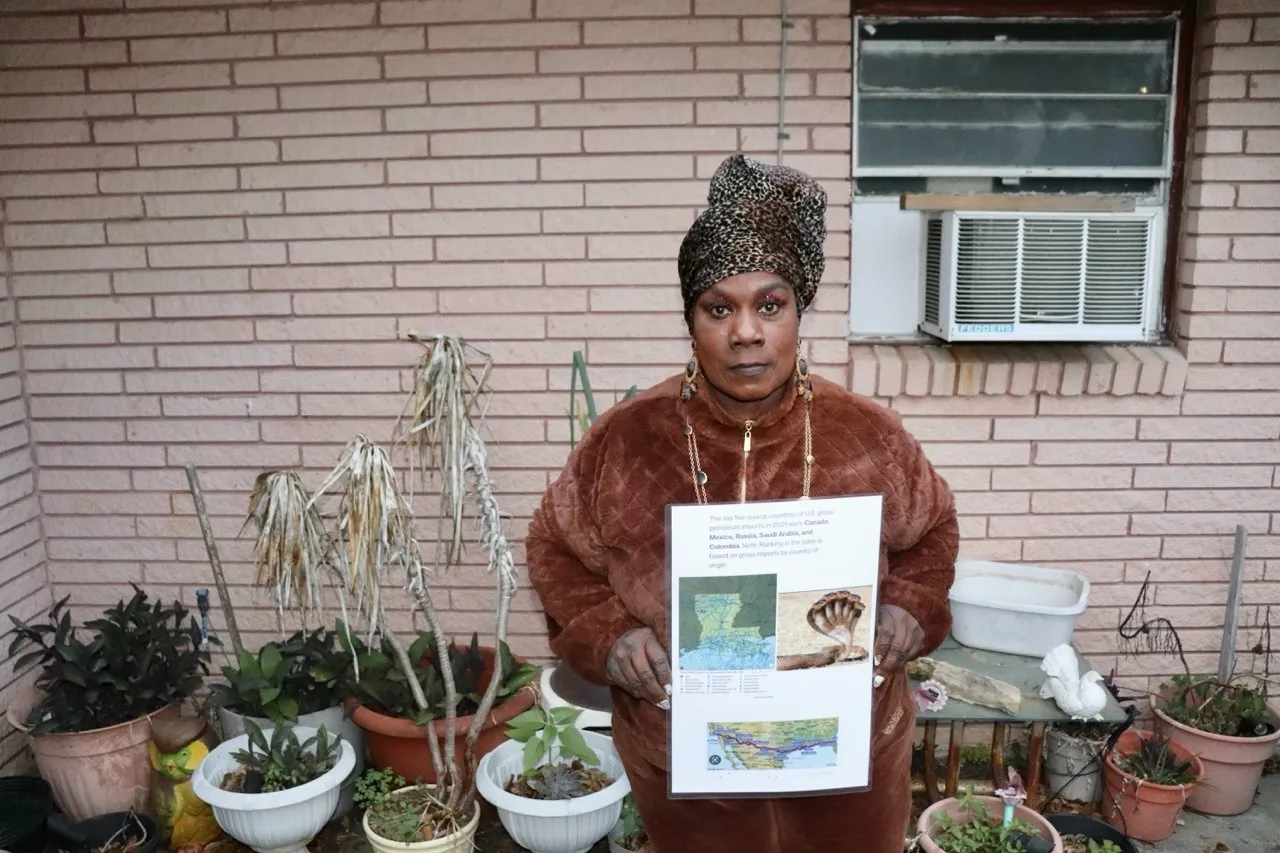Planet China: Tenth in a series about how Beijing’s trillion-dollar development plan is reshaping the globe—and the natural world.
HARARE, Zimbabwe—The strange number lighting up Tawanda Majoni’s phone again and again felt like a warning.
Majoni, one of the Zimbabwe’s most respected journalists, soon learned where the calls were coming from: a federal police unit called Law and Order, notorious for abductions, torture and killings.
When unmarked cars rolled through his neighborhood after a relative was pressed for his location, Majoni packed a bag, tossed his cell phone’s SIM card so he couldn’t be tracked and fled the city, haunted by memories of slain colleagues. One was hurled from a moving vehicle in broad daylight. Another was beaten to death.
He knew he couldn’t run forever. After two weeks, he returned and answered one of the calls. An officer told him to come in: We have a case related to you.
A few days later, Majoni sat in a small, airless room at Law and Order offices, his lawyer ordered to wait outside. For three hours, officers grilled Majoni about his work, at one point sliding a printout across the desk—a tweet about a speech he’d given on World Press Freedom Day. They accused him of “inciting rebellion,” a treasonous offense.
The questioning made no sense until Majoni noticed a file on the desk: his photograph on top, and beneath it, text written in Mandarin Chinese.
He didn’t need to ask. His newsroom, the Information for Development Trust, had recently published exposes on Chinese mining projects that left open waste pits, poisoned rivers and displaced communities. “I know what this is about,” Majoni said.
The lead officer smiled, then pressed on about the tweet. Majoni walked free that day but stopped writing his weekly column. Later, he said, trusted police contacts confirmed what he already suspected: Chinese investors had been behind the interrogation.
The Chinese government’s repression of journalists at home is well known. Less visible is how that machinery now reaches far beyond its borders—and what that means for the environment.

An Inside Climate News investigation has identified more than a dozen journalists who have faced retaliation for reporting on environmental destruction and human rights abuses tied to China’s ventures in African countries, likely a stark undercount. Many of those cases involve projects under Beijing’s $1.3 trillion Belt and Road Initiative, a massive investment effort into mines, ports, railways, pipelines and other infrastructure in mostly poor countries.
When a project carries political weight for both the Chinese government and local authorities, that’s often when repression happens, according to Sarah Cook, author of the UnderReported China newsletter who has studied the country’s media influence operations for more than 15 years.
“If there are muckraking journalists or whistleblowers who might expose environmental issues, it could potentially be in the interest of both the local actors and the Chinese-linked ones to put a stop to that,” Cook said.
That suppression hides or sanitizes environmental and human rights abuses, even as Chinese President Xi Jinping promotes the Belt and Road Initiative as a model of “green” development and positions China as a global climate leader.
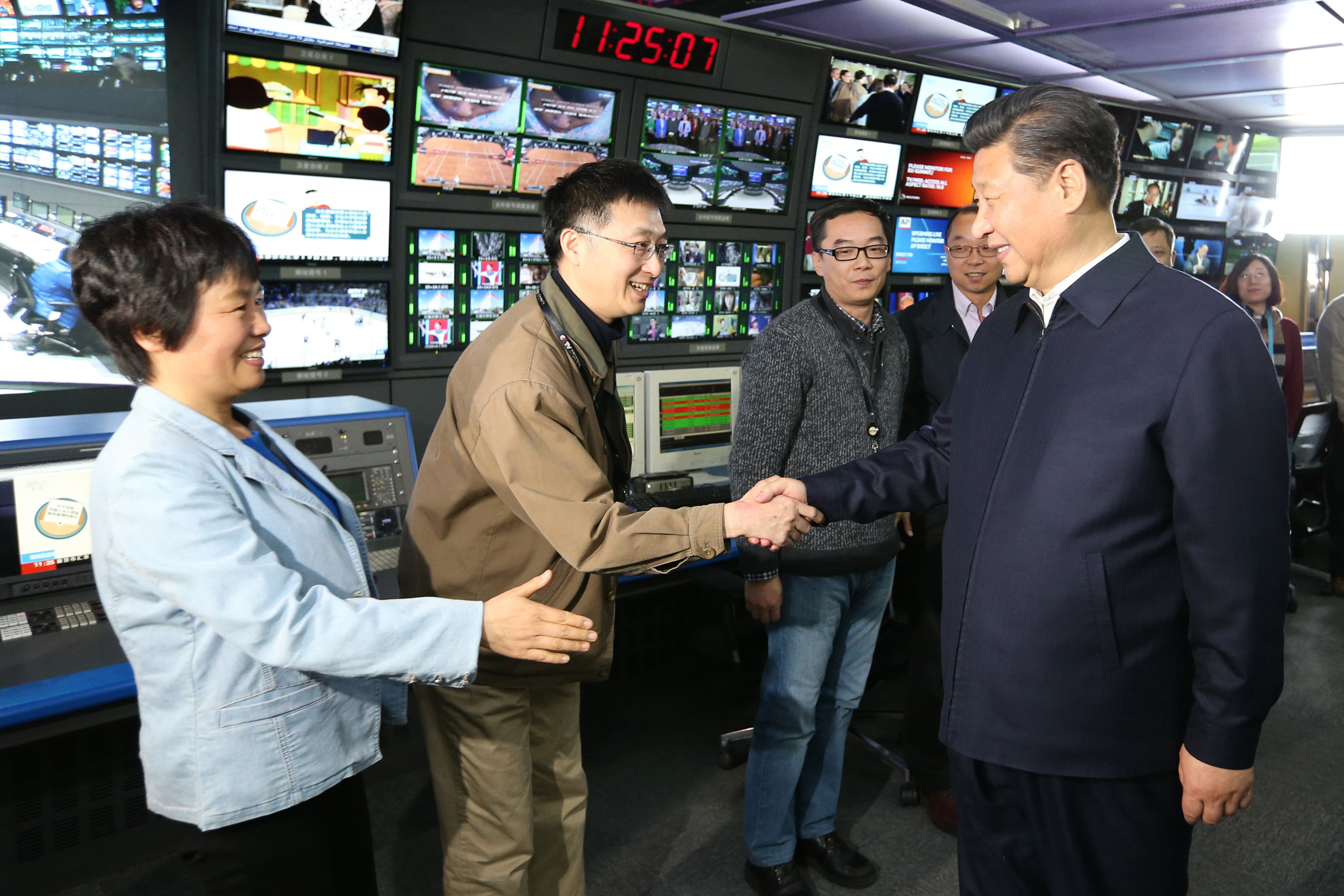

China’s media influence campaign targets a continent crucial to the planet’s climate and ecological balance. Africa is home to the world’s second-largest rainforest, vast carbon-rich peatlands and a quarter of all mammal species, including endangered mountain gorillas, pangolins and chimpanzees. Its degradation threatens not only 1.5 billion Africans, but also Earth itself.
Polluting companies from other nations have been linked to attacks on journalists, too. But China’s role is distinct.
“We’re talking about a nation that is not only highly repressive but also the second-largest economy globally,” said Cook, who worked for years for Freedom House, which defends civil liberties around the globe. “This creates an unprecedented situation.”
Confidential Sourcing
Inside Climate News uses confidential sources only when a source insists on that for a valid reason, such as fear for their safety, and provides vital information unavailable elsewhere. A source’s identity, credibility and the basis for their knowledge are verified, just as they would be for a named source.
Nearly all the journalists and researchers Inside Climate News interviewed asked that their names and identifying information be withheld for fear of reprisals. Some had been smeared online, doxed or threatened. Others, like Majoni, were surveilled or detained. Several said articles had disappeared from news sites after protests from Chinese embassies or companies. Many said they or their colleagues had been offered cash to kill critical stories or to write positive ones.
The Chinese embassies in Washington, D.C., and Harare did not respond to requests for comment. The embassies and consulates of the other countries mentioned in this article also did not respond.
Censorship is only half the story. Journalists across the Global South are regularly flown to China on all-expense-paid trips that function like indoctrination, according to some participants. Chinese officials have also showered underfunded news organizations in other countries with investments and gifts—from computers to cell phones—and later exerted influence to spike stories and promote flattering coverage, journalists and government officials interviewed for this article said.
“The Chinese are very good with disseminating their agenda,” said Leo Mutisya, manager of press freedom and advocacy at the Media Council of Kenya, an independent government institution tasked with protecting media independence.
Mutisya pointed to the reach of Chinese state media in Kenya, their sprawling Nairobi offices and their cozy ties with the Kenya Broadcasting Corp., which gives a regular slot to one Chinese network and a radio frequency to another. (The Kenya Broadcasting Corp. did not respond to requests for comment.) Chinese officials also organize private lunches and parties with Kenyan journalists and editors, Mutisya added, and sponsor the country’s annual journalism awards—handing out Huawei smartphones to winners.
“We don’t know the kind of impact that has on the content you end up getting,” Mutisya said. “From a media monitoring perspective, when everything is positive about a certain country, then it raises eyebrows.”
“Left, Right and Center”
In August, the sun hung high over a quiet, tree-lined Harare suburb as Majoni sipped his midday rooibos tea.
His office—one of three rooms that make up Information for Development Trust’s headquarters—was spare and orderly: a wooden desk, a few chairs and a metal filing cabinet. Last October, Majoni moved his four-person team here after their downtown office began drawing too much attention. Federal police raided the offices several times and once summoned Majoni for questioning, claiming IDT was not properly registered as a nonprofit—an allegation Majoni said he later learned from police contacts had been made by Chinese nationals. For now, at least, the new location remains off the radar.
Majoni, a former philosophy major deeply versed in Kantian ethics, was raised in rural Zimbabwe, near a region of steep, mist-shrouded cliffs known as Boterekwa. “It was so awe-inspiring,” Majoni said. “I grew up with visions of that escarpment. I even had dreams set there.”
Tawanda Majoni sits at his desk next to a stack of laminated newspaper articles in July. In Zimbabwe, news reports are sometimes pulled offline under pressure from powerful sources. Credit: Katie Surma/Inside Climate News
Then, one day, it was gone. Chinese mining companies had moved in, he said, and an entire mountain disappeared, water sources turned toxic and hundreds of homes cracked from incessant blasting.
“You compare your memories of what it used to be, and now it’s just razed down,” he said. “People are dying. Cattle are dying. Children fall into the pits and die.
“That’s my own experience,” he added. “Multiply that a thousand times across Zimbabwe, and you get the bigger picture.”
China is the dominant producer of many of the metals and minerals powering data centers, renewable energy and defense technologies. As demand soars, the country is poised to expand its reach, and its environmental footprint along with it. That’s one reason Sophie Richardson, a senior China advisor at Climate Rights International, has long called for greater scrutiny on the country’s renewable energy exports. Increasingly, the attention China is drawing, including from the president of this year’s global climate change conference, is effusive.
“Beijing gets credit for investing in this area early and heavily,” said Richardson, a longtime China scholar, “but that doesn’t get it off the hook from being asked how that’s being done.”
China has cast its overseas mining and other ventures not as a new form of imperialism but as “win-win” partnerships among nations of the Global South—countries, it says, long oppressed by Western exploitation. The message resonates in places like Zimbabwe, where resentment of Western interference runs deep and memories of colonial horrors remain vivid.
After winning independence from Britain in 1980, freedom fighter Robert Mugabe came to power in Zimbabwe as a symbol of unity and liberation. But by the late 1990s, his rule had hardened into autocracy—marked by election rigging, repression and state violence. Western nations responded with sweeping sanctions, in part over human rights abuses but also over Zimbabwe’s efforts to redress deep land inequities left by racist colonial rule.
Shunned by the West, Mugabe turned East. Beijing stepped in with loans, infrastructure projects and diplomatic support that has helped sustain Mugabe’s ZANU-PF party for decades. The partnership has only deepened since: From 2000 to 2022, China has invested roughly $5.5 billion in Zimbabwe, much of it in mining—including the country’s booming lithium extraction that has helped make China a top producer of the metal.
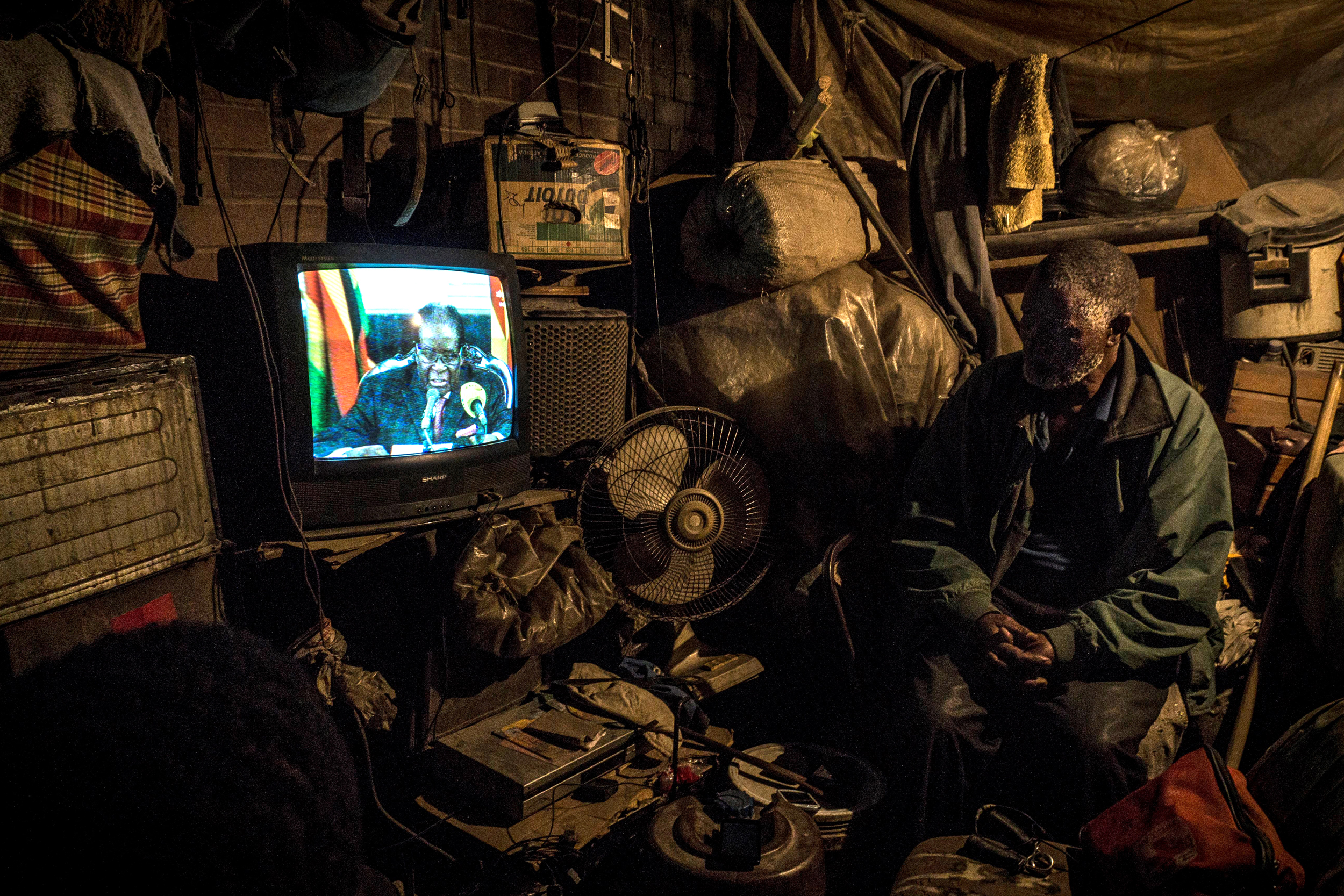

Beijing’s lending to Zimbabwe has come free from Western pressure to improve democracy and human rights—a hallmark of what Beijing calls its “noninterference” policy.
But that principle, said Richardson, who is also co-executive director of Chinese Human Rights Defenders, is “nothing more than words on paper.”
“The Chinese government interferes left, right and center,” Richardson said, adding that Beijing spends “massive amounts of time and money and effort on putting forward and protecting a very particular image of what it is.”
Environmental reporters and researchers across Africa described how that influence plays out in the media.
In Guinea, affiliates of a Chinese mining company surveilled journalists and researchers as they met with villagers impacted by a mine, one of the researchers said. The man trailing them openly took photos of the group, then followed them back to their hotel.
“In Guinea, we have a junta—almost bought by Chinese companies,” the researcher said. “The government is corrupt and can act on behalf of those companies.”
“The junta is kidnapping, disappearing, even killing people,” he added. “We live with constant insecurity. That’s why we were terrified.”
In Mozambique, local officials have acted on behalf of Chinese interests to censor or intimidate reporters, according to researchers, as when government officials ordered a broadcaster not to air a story on a Chinese firm’s destruction of a coastal ecosystem. China’s ties to the country’s ruling party run deep, researchers say, with its influence extending through the architecture of the country’s information systems: Beijing financed the headquarters of the national broadcaster and is bankrolling the government’s shift from analog to digital.
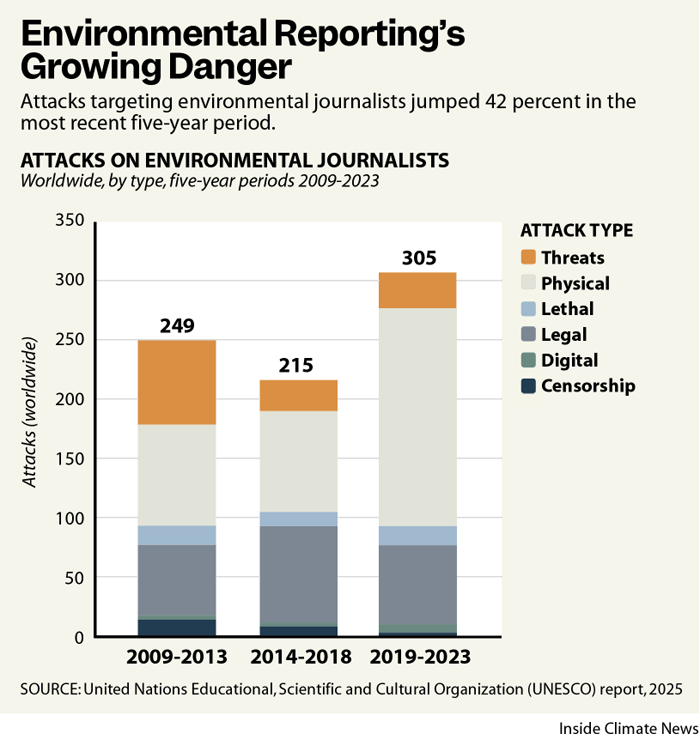

“When you give a government all the materials and technical assistance for communication, it’s obvious who controls information,” said a Mozambican researcher focused on freedom of expression.
He added: “We never know what’s really being broadcast—or whether our calls and messages are secure.”
Following a Chinese state-owned company’s catastrophic toxic mining spill in Zambia in February, the company and local police have restricted local and foreign journalists from visiting impacted communities, and the firm told residents it was monitoring them with drones, according to court documents. Local police there have also detained some journalists investigating the fallout, including an Inside Climate News reporter, saying that journalists need the company’s permission to talk to villagers.
In Zimbabwe, Chinese embassy officials denounce news stories on the embassy’s “False News and Truth” website. The embassy, like Chinese state media and online troll networks, often brands reporters as xenophobic, “money mongers” or paid Western agents.
One Zimbabwean journalist said she feared for her life after an embassy backlash: “We had all the recordings—we verified everything,” she said about her reporting. Even so, “The Chinese embassy reacted forcefully, accusing me of launching a smear campaign against Chinese investments, sponsored by the American embassy.”
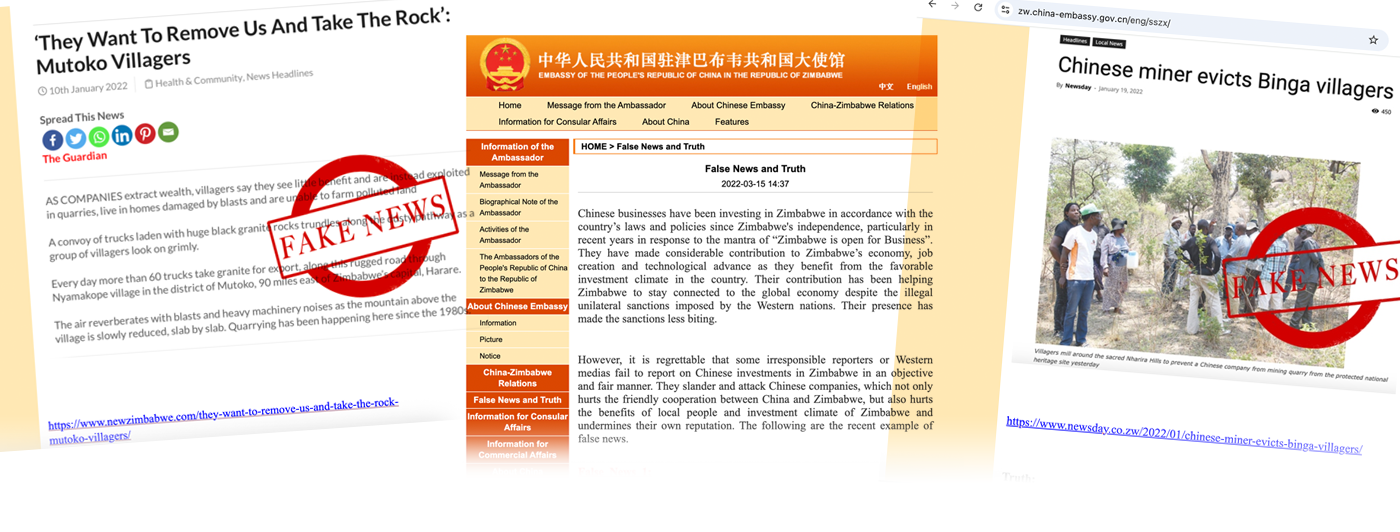

Zimbabwean journalists often struggle to get information from their government about Chinese investments. “At one point, our president stated that ‘China is our friend,’ which means they actively try to protect these mining companies,” another journalist said. “You realize you’re not safe writing about a company that has connections to the president.”
Yet another Zimbabwean journalist faced a barrage of online attacks after reporting on a Chinese-operated lithium mine. “The moment you put a story on the website, people get paid to dismiss it, to say it’s propaganda or that it’s pro-Western.”
The chilling effect is pervasive. Majoni said three journalists who once worked with IDT have stopped reporting on Chinese investments, fearing the risks.
“The Chinese,” he said, “often come with a ‘you don’t touch me’ attitude.”
Telling China’s Story Well
The Chinese government’s relationship with the press wasn’t always so brutal. In the 1990s and 2000s, a new generation of reporters fanned out across China with notebooks and cameras, exposing toxic pollution, corrupt officials and cover-ups that once seemed untouchable. Censorship persisted but was patchy.
“If you knew what you were doing, you could find space,” said Sam Geall, former CEO of Dialogue Earth, a bilingual news outlet with a focus on China and environmental issues.
Geall described that era as dynamic and electric, a time when journalists saw real-time impacts from their work. Investigations into poisoned rivers and smog-choked cities fueled public outrage and pressured local governments to act. For the first time, pollution became a national political issue in China.
Then came Document No. 9—a confidential Party directive denouncing “Western” ideas, including democracy, human rights and a free press—all considered existential threats to Communist Party rule. The memo surfaced soon after Xi Jinping, widely believed to be its chief architect, rose to power in 2012.
At the Party’s National Propaganda and Ideology Work Conference the following year, Xi was explicit: The media was a battlefield for “telling China’s story well.”
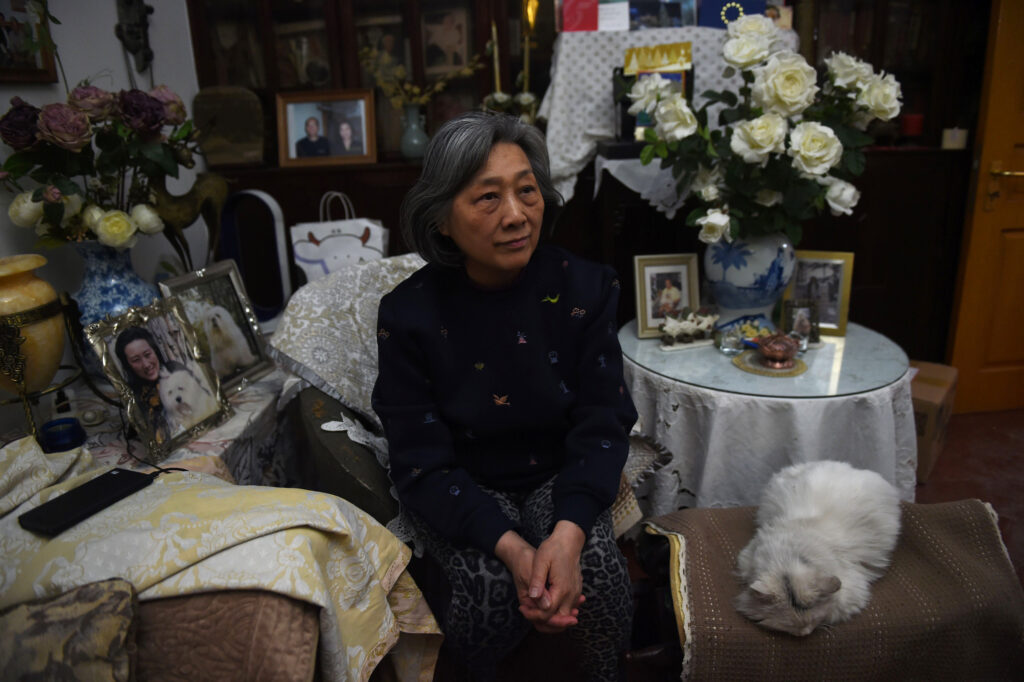

Soon, China’s press—along with environmentalists and civil society—was brought fully to heel. Independent newsrooms were shuttered. Reporters were required to take loyalty tests. Foreign news sites were blocked. Journalists who stepped out of line, like reporting on protests against Xi, were beaten, harassed and imprisoned—abuses that have made China the top jailer of journalists and one of the worst countries in the world for press freedom, only behind North Korea and Eritrea.
“All news media run by the Party must work to speak for the Party’s will,” Xi said in 2016, standing before a wall of glowing television screens at one of the country’s main broadcasters.
By then, his signature Belt and Road Initiative was leaving a massive global footprint and exposing Chinese companies to media scrutiny abroad.
The Communist Party rose to the challenge.
Beyond repression tactics, Beijing has spent billions of dollars building a vast global media apparatus, anchored by state-owned outlets like Xinhua News Agency, that flood airwaves and feed newswires with glowing coverage of Chinese investments. Through content-sharing deals with local newsrooms and a web of paid social media influencers, the Communist Party has pushed its messages even further, cloaking propaganda in familiar voices and formats.
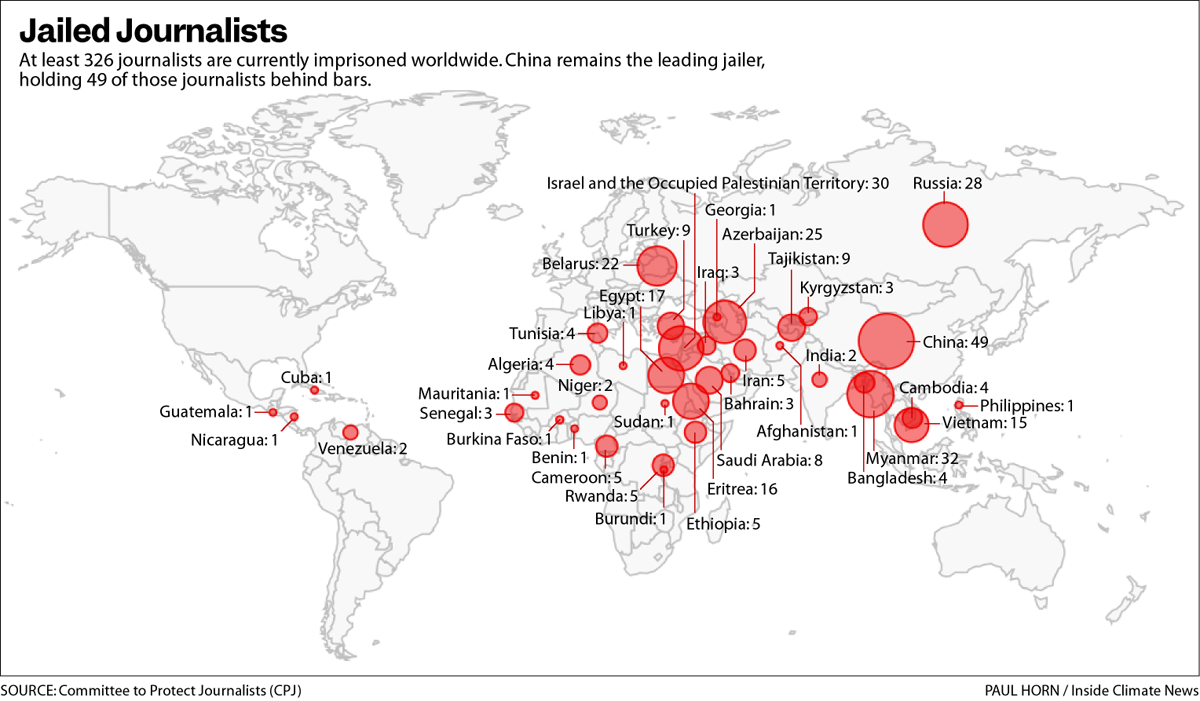

“Compared to just 15 years ago when I started looking at this, Chinese Party-state entities are much more active and relevant in the global media and information environment,” said Cook, who co-authored a 2022 report on Beijing’s Global Media Influence for Freedom House.
The shift, she said, has given “one of the most repressive governments in the world” the ability to shape how stories across the globe are told—and which ones never get told at all.
That influence, though, is not uniform across all nations. “In freer, more democratic countries with stronger press protections, there’s a greater ability to push back, resist and expose these kinds of things,” Cook added.
Those safeguards, however, are crumbling. Today, autocracies now outnumber democracies. Press freedom has declined in nearly a quarter of nations. Judicial independence, a crucial check on executive power overreach, is falling. And the former standard bearer of freedom of expression, the United States, is now carrying out an assault on it and the rule of law more broadly, all while slashing programs that promoted those ideals abroad.
Democratic gains that had been made across South America, Africa and Southeast Asia are now being lost. Meanwhile, investments and influence from authoritarian nations, including Russia, Saudi Arabia, the United Arab Emirates and China, are pouring in.
“There are so many things that activists in Africa haven’t unpacked about what China is doing and how it’s doing it,” said Anneke Meerkotter, a lawyer with the Southern Africa Litigation Centre who focuses on environmental and human rights issues in the region. Her organization is supporting one of the citizen lawsuits against a Chinese mining company in Zambia.
“I have more questions than answers for you,” Meerkotter added. “Obviously, the lack of information and lack of public information is the key to that.”
“Don’t Write Badly About China”
Back in town, Harare’s city center throbbed with blaring horns, shouting hawkers and the hiss of minibus brakes. Customers drifted in and out of one of the capital’s many solar panel shops, its shelves lined with Chinese-made products. Just across the street, two journalists slipped into a hotel cafe to talk with Inside Climate News.
Security experts say hotels are among the few semi-safe places for foreign journalists to meet sources in Zimbabwe. Government agents often tail visiting reporters, but in busy hotels, it’s harder to tell who’s meeting whom. Still, the two Zimbabwean journalists, a man and a woman, scanned the room as they sat down.
“They maintain a presence at all hotels,” the man said quietly, referring to the ever-watchful state surveillance. Zimbabwe is another nation where China has exported telecommunications equipment and surveillance technology, with companies like Huawei and CloudWalk providing facial recognition systems and enabling extensive monitoring of journalists. Beijing is also training other nations’ security forces, including coaching units that protect regimes and enforce authoritarian control, according to a recent report from an international affairs think tank.
The pair described a web of ties between Chinese investors and Zimbabwe’s long-ruling party that stretch back to the liberation war. That alliance, they said, has created an atmosphere where Beijing’s interests are often treated as Zimbabwe’s own.
Investigations have found that some Chinese companies have hidden shareholders linked to Zimbabwe’s political elite. One polluting Chinese milling company was tied to a relative of the president, according to IDT’s reporting. Such dynamics are not new. As early as 2013, a parliamentary committee warned that Chinese firms seemed to operate “above the law,” protected by powerful politicians. Since then, both local and international outlets have documented cases of officials ignoring pollution, labor abuses and displacement tied to Chinese projects.
The female journalist, cupping her tea, described the toll on communities. In one case, a Chinese company fenced off a village’s only borehole, forcing residents to walk five kilometers for water instead of half a kilometer. Others blocked access to rivers and dams, once communal lifelines for drinking, fishing and irrigation. Even where water remains accessible, mining runoff renders it toxic in places. Entire villages have been uprooted from ancestral lands—a particularly cruel blow, she said, because most communities bury loved ones nearby.
“Many villagers hold deep reverence for the graves of their ancestors, believing their spirits remain there,” she added.
This story is funded by readers like you.
Our nonprofit newsroom provides award-winning climate coverage free of charge and advertising. We rely on donations from readers like you to keep going. Please donate now to support our work.
Donate Now
As she spoke, three men entered the cafe and sat at a nearby table. Both journalists fell quiet, their eyes flickering toward the newcomers.
“When they displace people,” the man said in a low voice, “they work with government officials—bribing them for mining claims in communal areas. People are relocated with no proper housing or infrastructure.”
The pollution, he added, is “massive” and “dire.” Dust from mining sites causes lung-scarring silicosis. Open pits fill with water during the rainy season, leading to drownings and spikes in malaria.
“People are dying,” he said flatly.
The woman had seen another side of this power dynamic—on one of the all-expense-paid trips to Beijing organized by the Chinese government. The seminar, attended by African journalists from across the continent, was billed as professional training.
“They told us how China is so keen on partnerships with African countries, on developing infrastructure, on making Africa a great continent like China,” she recalled. “They gave examples—the bridges, the donations. But it wasn’t a discussion. They were teaching us how to reflect China as a good friend.”
When African journalists raised questions about mining abuses or environmental harm, they were shut down, she said. “They want us to turn a blind eye to what they’re taking from us.”
After such trips, coverage often shifts, she added. “It’s not everyone, but the message is clear: Don’t write badly about China.”
That pressure is reinforced by cash-strapped newsrooms accepting funding or gifts from Chinese entities—and by direct payments to ditch unflattering stories. Through an intermediary, they said, the Chinese embassy recruits local reporters to produce pro-China pieces for about $100 each.
The Chinese embassy in Harare did not respond to requests for comment.
Other Zimbabwean journalists told Inside Climate News they’ve been offered between $100 and $1,000 to kill stories—tempting sums in a country where annual reporter salaries are around $2,500, and journalists sometimes go months without pay. In the Freedom House report, researchers documented similar catch-and-kill tactics in Nigeria, quoting an editor there: “I know they give money to journalists so that they will not do critical stories and then they do breakfast meetings with editors early in the morning. They build relationships with editors across media organizations.”
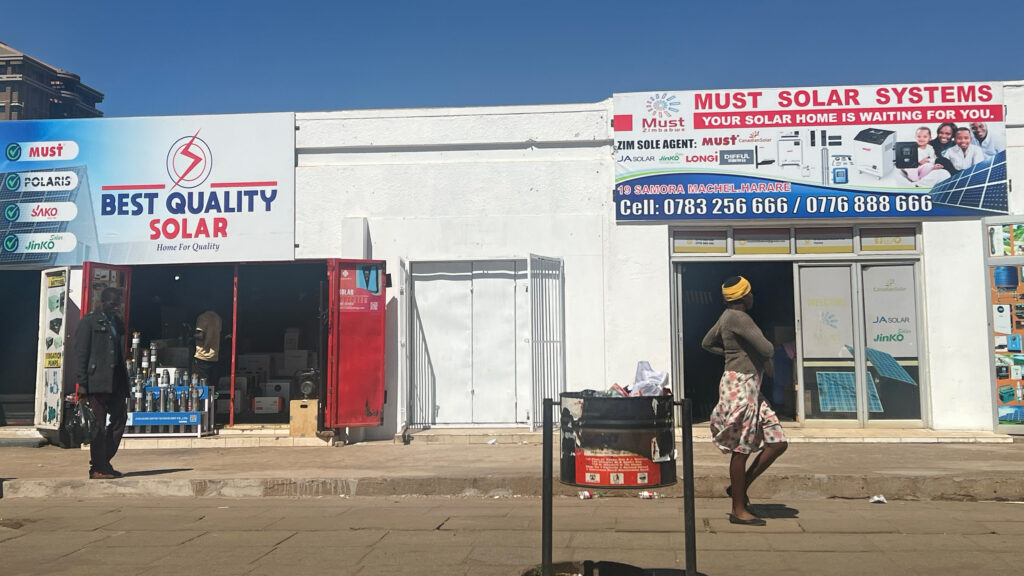

In the Harare cafe, both journalists said their upbringings shaped their commitment to their work. “I knew since high school that I wanted to be a journalist,” the man said. “We walked miles to school. We didn’t have hospitals. I wanted to tell those stories—to give a voice to people who’ve never had one.”
He’s paid a price for that. “I’ve gone over a year without a salary. Many leave the profession or self-censor because it’s dangerous and unrewarded.”
The woman nodded. “We stay because someone has to tell the truth—even if it’s dangerous. Even if no one’s paying attention.”
Lawfare
By day, Joseph Mwenda runs one of Zambia’s most fearless newsrooms. By night, he studies law.
At 43, the editor-in-chief of News Diggers has learned its importance for investigative journalists.
In May, Mwenda and his team were preparing to release a documentary on China’s expanding footprint in Zambia. The film, Mwenda said, was meant to weave the full story: the benefits of Chinese investment alongside the hidden costs.
When a short trailer showing scenes of polluted rivers and labor abuses appeared on Facebook, the backlash was swift. Television stations slated to air the film abruptly pulled out, citing pressure from the Chinese Chamber of Commerce in Lusaka, Zambia’s capital. Then the lawsuit came.
The chamber filed for an emergency injunction, claiming the documentary defamed and would cause “irreparable harm” to Chinese businesses in Zambia. A judge granted it—without News Diggers being present or allowed to respond—and “despite the fact no one had seen the full film,” Mwenda said.
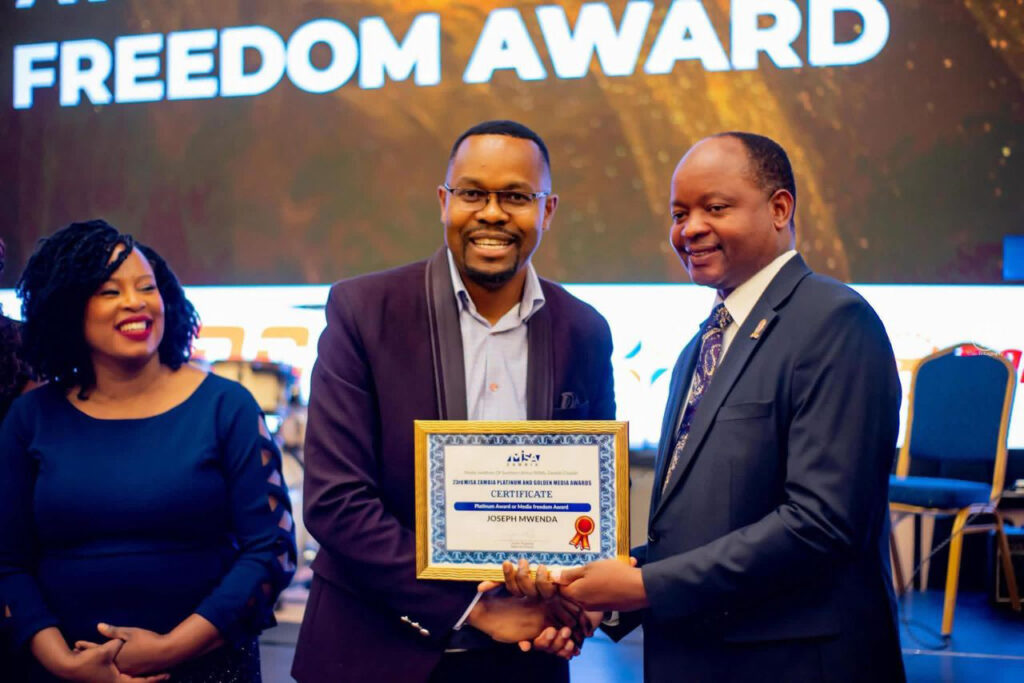

To him, it was a textbook case of lawfare, using the courts not to seek justice, but to intimidate.
“This is a very important story of massive public interest,” Mwenda said in May while awaiting a hearing in the case. “To be told you can’t report on such a story in our own country, we feel it’s beyond unfair and wrong by all measures.”
The Chinese Chamber of Commerce in Zambia did not respond to requests for comment, but said in a July press release that the lawsuit was “motivated by a commitment to ensuring that any public discourse on Chinese-Zambian commercial relations is conducted in a manner that is accurate, fair, and does not perpetuate misinformation or unfairly malign legitimate business actors.”
News Diggers’ situation isn’t unique. Around the world, retaliatory lawsuits against journalists are surging—many linked to Chinese entities.
Then there’s the jailing of Jimmy Lai and six other journalists in Hong Kong. Under Beijing’s expanding control, Hong Kong’s once-open media landscape has crumbled through weaponization of the law, according to human rights experts and journalist rights organizations. Lai, the founder of Apple Daily, and his colleagues were prosecuted under Hong Kong’s national security law, a 2020 Beijing-imposed measure that criminalizes vaguely defined offenses such as “collusion with foreign forces.” Human rights experts see other countries following China’s lead. This year, Zambia enacted a new cybersecurity law using similarly imprecise definitions critics say give the government broad power to criminalize dissent.
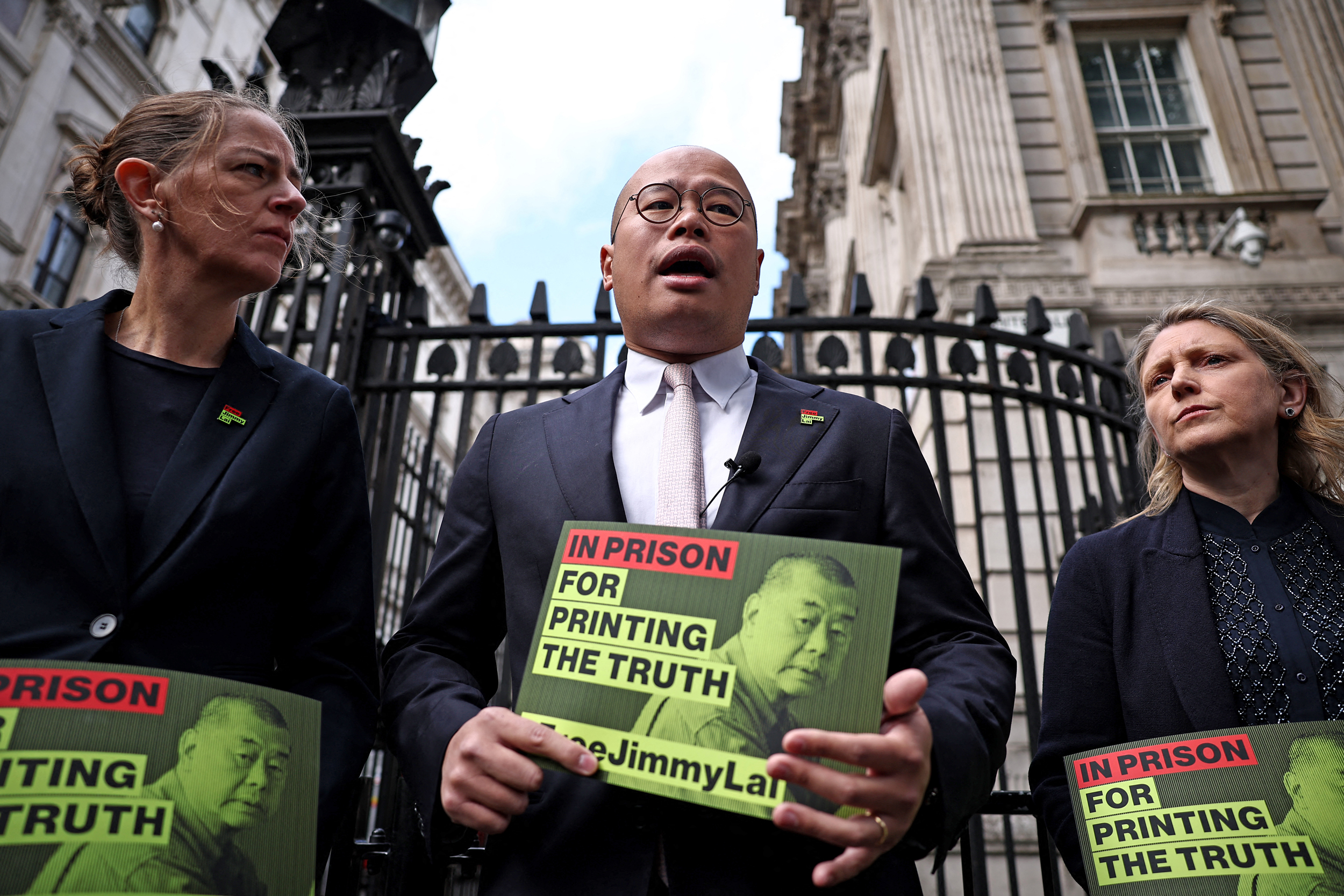

The Zambian embassy in Washington, D.C., did not respond to requests for comment.
In July, a Zambian court dismissed the chamber’s case against News Diggers as baseless. But damage was done. The case cost News Diggers money it didn’t have, Mwenda said.
“They realize that most media houses are underfunded and that many journalists lack financial resources, so they rush to court to bankrupt you and crush you financially,” he said, adding that he, his wife and News Diggers have since been targeted by “bloggers” in an online smear campaign.
“We’re afraid of how far they’re going to go to try to stop us from doing this work,” Mwenda said.
The documentary aired in late July. It sparked national and international debate over China’s impact on the region, as good journalism is meant to do, and won an award. The Chinese embassy in Lusaka quickly responded with a lengthy Facebook post condemning the film.
“China,” the embassy insisted, “respects the freedom of the press.”
Ceding the Field
As dawn broke over the town of Victoria Falls in late July, amber light spilled down dirt roads where elephants and buffalo had wandered overnight. A local journalist eased her car into a hotel parking lot, her tank near empty and a “Jesus Loves You” sticker clinging to her steering wheel.
It was a rare trip out. Since the Trump administration dismantled the parent agency of the U.S.-funded news organization Voice of America, freelance work for environmental journalists like her had dried up. These days, she said, it took effort just to go for a walk. “Not working,” she said, “isn’t good for my mental health.”
Her past reporting had focused on Hwange National Park, the heart of a vast ecosystem teeming with giraffes, lions and painted dogs—and now scarred by new roads and open pits where Chinese companies mine lithium and coal. She had documented toxic spills, choking coal dust and labor abuses—stories that might otherwise have gone untold.
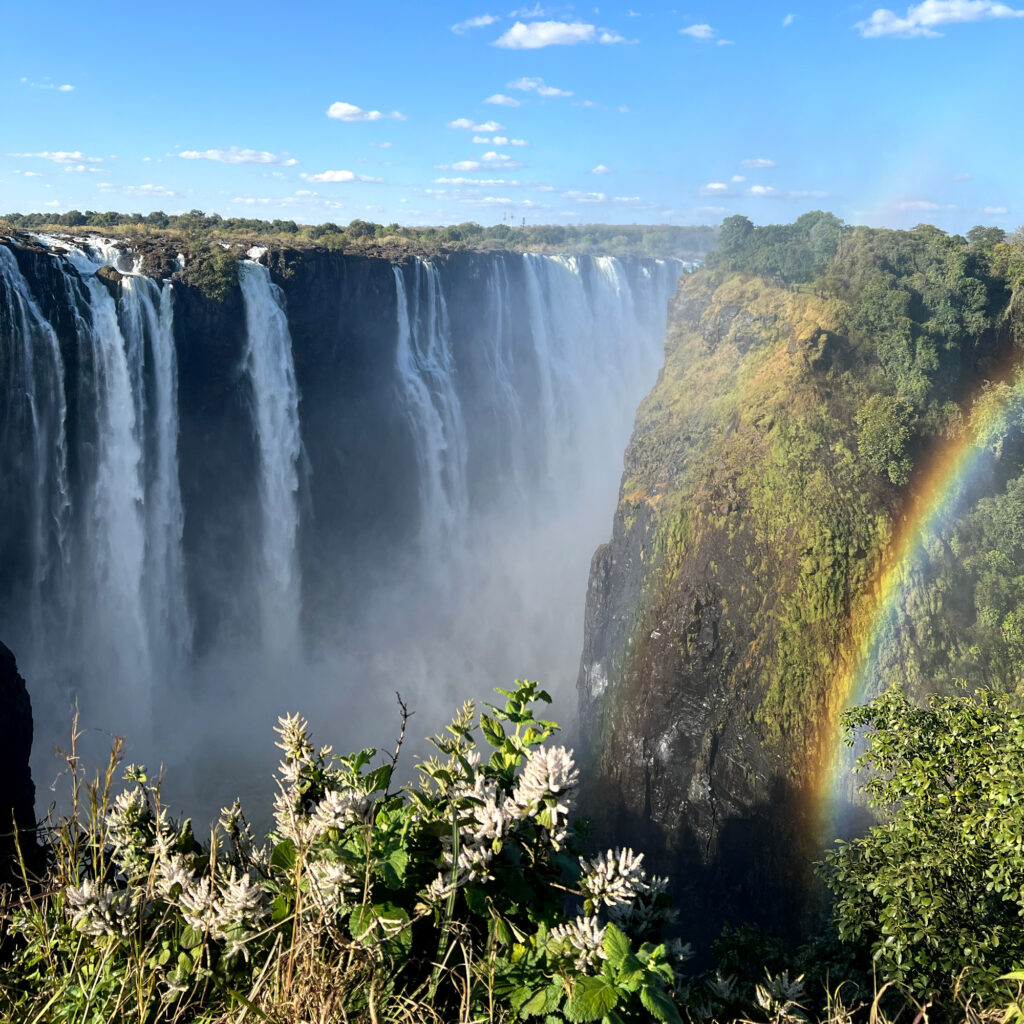

But on March 15, the calls from her VOA editor stopped. That same day, the Trump White House issued a press release, claiming VOA spread “radical propaganda”—a charge that echoed Beijing’s own attacks on the broadcaster. In reality, the journalist said, VOA was “trusted and accessible.”
“VOA was one of the biggest sources of news in Zimbabwe, especially for rural people,” she explained. “People want it back.”
It was also one of the few counterweights to China’s influence in the region. Along with the U.S. Agency for International Development (USAID), VOA had long formed the backbone of U.S. engagement in Africa, providing information widely regarded as reliable not just to locals, but also to U.S. businesses and lawmakers. Now, USAID is shut down, and VOA is on life support.
Though VOA is government-funded, journalists and researchers say it stands in stark contrast to Russian, Iranian, Turkish and Chinese state-funded media. For one, VOA is clearly identified as U.S.-funded. It’s also editorially independent, committed to fairness and guided by traditional journalistic standards.
It has provided vital support to freelancers in countries where local outlets, constrained by politics or scarce funding, couldn’t. “Without it,” said Cook, the researcher, “many stories would never see the light of day.”
Now, Beijing’s state media machine is expanding largely unchallenged. That doesn’t just shape headlines—it endangers the public’s right to know.
At its core, a free press helps people have a say in decisions that affect them, noted Geall, of Dialogue Earth. “Environmental issues,” he said, “often come down to who gets to decide what happens in your community, your home and your children’s future.”
Transparency—whether through the media or open information laws—helps increase fairness and build trust in how decisions are made. “The press is a crucial valve for making better decisions in the public interest,” Geall added.
Back in Harare, Majoni, whose newsroom in the past received some U.S. State Department pro-democracy grants, lamented the cuts to VOA and USAID.
“We are more vulnerable now because the traditional funding support we relied on has diminished,” he said, stepping out of his office into a sun-streaked courtyard, lighting a cigarette. “It’s a godsend for dictators.”
Now, his IDT team spends much of their time chasing small grants to keep their reporting alive. Making that task harder is a new law tightening restrictions on civil society organizations in the country, echoing measures in China. Still, Majoni, who has trained many of the country’s investigative journalists, said he has no intention of stopping IDT’s work.
He’s fully aware of the risks. Before switching to journalism, he had a short career in the state police. As a young officer he saw what Zimbabwean jail cells are like—packed with bodies, reeking of human waste, concrete floors slick with filth. Detainees can go days without bathing or eating. Violence—physical, sexual, psychological—is constant, he said.
But for him, journalism is more than a job. Each story, he says, is an act of truth telling, a way to bear witness and hold power to account. That includes foreign companies of all nationalities, he said, including from the U.S.
“We need to keep scrutiny, especially on the powerful—If we abandon that, then who will save us?” he said. “The challenge is that our state is very sophisticated. If they want to find you and get you, they will.”
About This Story
Perhaps you noticed: This story, like all the news we publish, is free to read. That’s because Inside Climate News is a 501c3 nonprofit organization. We do not charge a subscription fee, lock our news behind a paywall, or clutter our website with ads. We make our news on climate and the environment freely available to you and anyone who wants it.
That’s not all. We also share our news for free with scores of other media organizations around the country. Many of them can’t afford to do environmental journalism of their own. We’ve built bureaus from coast to coast to report local stories, collaborate with local newsrooms and co-publish articles so that this vital work is shared as widely as possible.
Two of us launched ICN in 2007. Six years later we earned a Pulitzer Prize for National Reporting, and now we run the oldest and largest dedicated climate newsroom in the nation. We tell the story in all its complexity. We hold polluters accountable. We expose environmental injustice. We debunk misinformation. We scrutinize solutions and inspire action.
Donations from readers like you fund every aspect of what we do. If you don’t already, will you support our ongoing work, our reporting on the biggest crisis facing our planet, and help us reach even more readers in more places?
Please take a moment to make a tax-deductible donation. Every one of them makes a difference.
Thank you,




